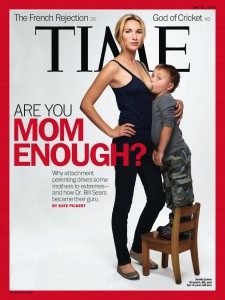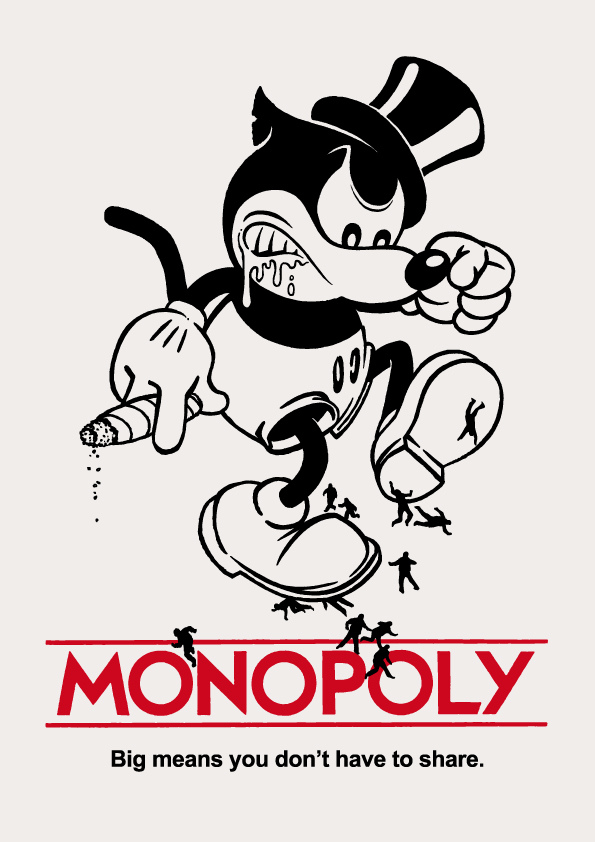The controversy over Time Magazine’s cover photo for their May 2012 issue is partially a reflection of how the world has shaped our opinions on parenting, and the way marketing has shaped our perception of controversy.

In his blog, Juan Sebastian raises a few good points about how this cover is a target to mothers everywhere, and is aimed at ruffling the feathers of moms across the states. However, I think that there was more to be mentioned about the marketing related to this cover rather than the issue of parenting style. This cover is the result of marketing tactics that have a precedent in our society
What this controversy most strongly reminds me of is Hollie McNish’s response to those in opposition to public breastfeeding, which she presented through her moving and poignant spoken word poem, “Embarrassed”. As McNish points out in her poem, what we consider racy in one place is considered commonplace elsewhere, even though in essence, they are the same things.
The main issue is that there should be no reason for this to be controversial, but years of shaping from marketing has taught society that it should be as long as it is regarding women who are not supermodels.
Sources:
https://blogs.ubc.ca/sebastiancevallos/2013/10/20/magazine-cover-that-raises-questions/
http://www.huffingtonpost.ca/2013/07/05/hollie-mcnish-breastfeeding_n_3552062.html


